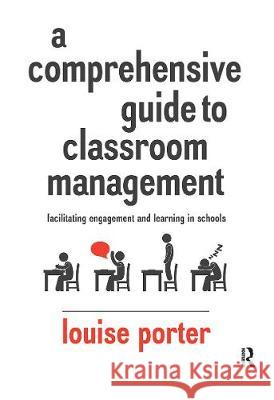A Comprehensive Guide to Classroom Management: Facilitating Engagement and Learning in Schools » książka
topmenu
A Comprehensive Guide to Classroom Management: Facilitating Engagement and Learning in Schools
ISBN-13: 9780367717315 / Angielski / Twarda / 2021 / 536 str.
A Comprehensive Guide to Classroom Management: Facilitating Engagement and Learning in Schools
ISBN-13: 9780367717315 / Angielski / Twarda / 2021 / 536 str.
cena 647,08
(netto: 616,27 VAT: 5%)
Najniższa cena z 30 dni: 579,30
(netto: 616,27 VAT: 5%)
Najniższa cena z 30 dni: 579,30
Termin realizacji zamówienia:
ok. 16-18 dni roboczych.
ok. 16-18 dni roboczych.
Darmowa dostawa!
A comprehensive and authoritative handbook on proactively managing students' behaviour in primary and secondary schools.











